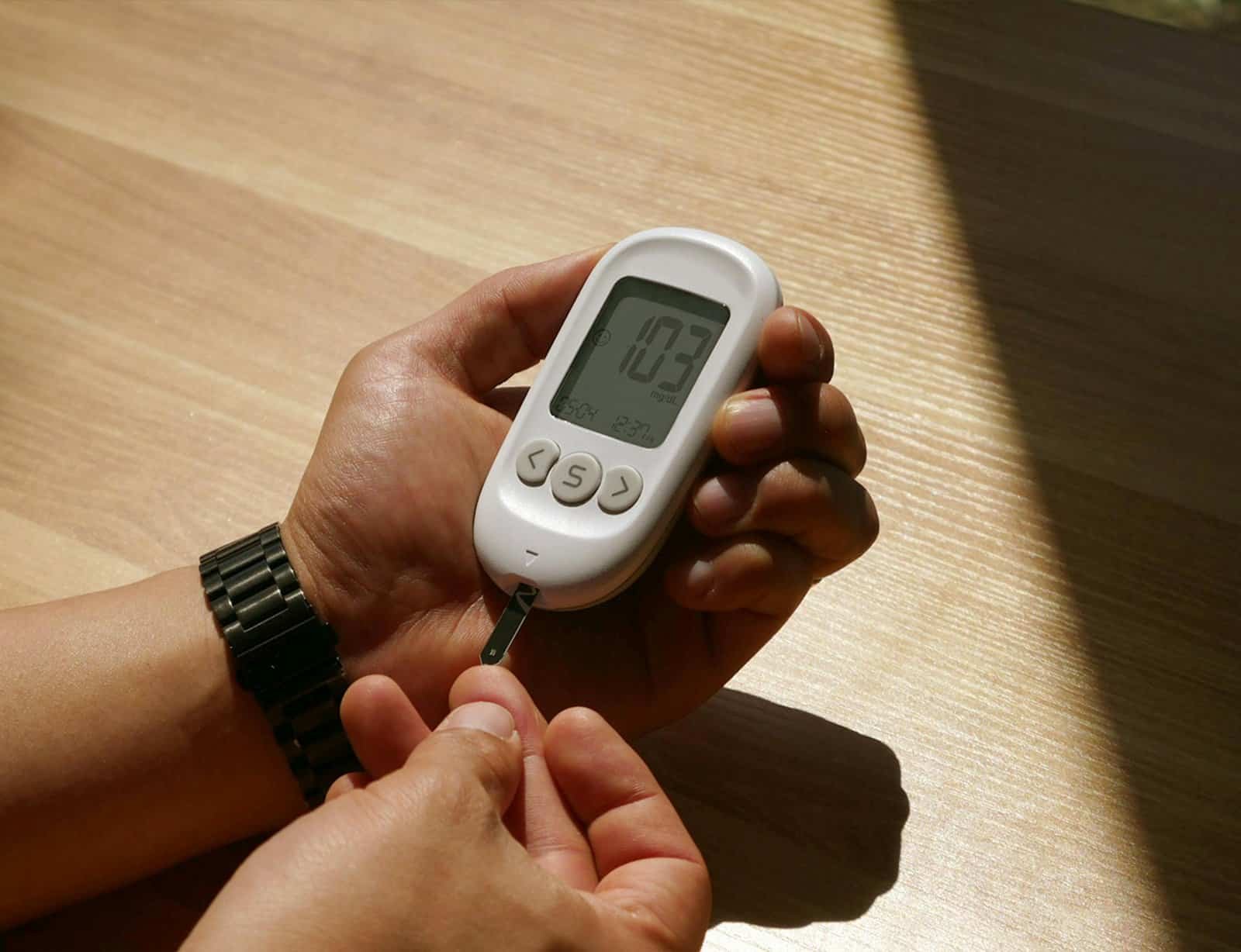The Truth About the Midlife Transition (and Why It Feels So Heavy)
Affiliate Disclosure: This page contains affiliate links. If you purchase through my links, I may earn a commission at no extra cost to you. As an Amazon Associate I earn from qualifying purchases.
One day you’re cruising along…and then suddenly, something feels off. You’re tired, overwhelmed, or not feeling like yourself, all signs that you may be entering a midlife transition.
If you’ve been quietly wondering, “Why is everything so overwhelming right now?” you are not alone. And you’re not doing anything wrong.
Midlife transition simply comes with more internal shifts and more invisible weight than most people ever talk about.

Most of us grew up believing midlife would finally be our season of stability:
- Career success
- Financial security
- Emotional confidence
- Family harmony
- A sense of “arrival”
But reality looks very different. Midlife is often one of the biggest periods of transition in your entire life: emotionally, physically, mentally, and socially. And many changes happen all at once.
- Bigger responsibilities
- Less energy than you used to have
- Emotional ups and downs
- Changing or strained relationships
- Hormonal shifts
- New or worsening health concerns
- Career dissatisfaction or burnout
- Worry about the future
- Technology and information overload
- A growing urge to slow down and simplify
It’s a lot for anyone to carry.
1. Emotional Load
Midlife is often a time of deep reflection. You may start questioning:
- Am I living the life I want?
- Why do I feel so drained?
- Is this career still right for me?
- What’s next for me?
These questions can feel unsettling, especially if you’ve spent years on autopilot.
What Helps:
- Journaling prompts:
- What feels heavy?
- What feels exciting?
- What do I want less of?
- More of?
- Reducing emotional pressure: Start saying “no” more freely.
- Creating white space: One unscheduled evening/week makes a huge difference.
- Therapy or coaching: Especially for long-held patterns, people-pleasing, or emotional exhaustion.
2. Physical Shifts
Hormones change. Sleep changes. Energy changes. Sometimes you wake up and feel like your body suddenly belongs to someone else. A simple sneeze can put you out of commission for days.
These shifts can impact:
- Mood
- Patience
- Memory
- Stress tolerance
- Motivation
What Helps:
- Sleep optimization: Wind-down routine, less screen time, magnesium glycinate before bed
- Gentle movement: Walking, yoga, Pilates, short home workouts
- Nourishing meals: Protein + fiber + healthy fats to stabilize energy
- Routine medical screenings: Thyroid, hormones, vitamin D, iron, glucose, cholesterol – I recommend Function Health for annual testing/tracking. The annual membership includes over 100+ biomarkers, 60 more than your regular physical. For more info click HERE.
3. The “Sandwich Generation” Effect
Many midlife adults care for both their children and their aging parents, sometimes simultaneously.
What Helps:
- Caregiving boundaries: It’s okay to delegate tasks or ask for help, if available.
- Shared responsibility: Family meetings, splitting tasks with siblings, or hiring small support roles (cleaning help, meal kits, transportation).
- Micro-rest: Short 10–15 minute breaks between responsibilities to reset your nervous system.
- Stress Management: Caring for others can be hard so it’s important to fill your cup whenever possible by doing things that calm your mind like: take a walk, soak in the tub, meditate or listen to soothing music. Check out additional stress management solutions on our Health & Wellness page HERE.
4. Quiet Grief
Midlife brings forms of grief we rarely acknowledge:
- Unmet expectations
- Chapters ending
- Dream careers shifting
- Friendships changing
- The loss of who we used to be
What Helps:
- Self-compassion: Give yourself permission to grieve the changes, the losses. Try not to compare your situation to someone else’s.
- Rituals: A slow walk, lighting a candle, journaling, clearing a closet, or creating a new routine.
- Community: You’ll feel less alone when you can share with others. Look for groups to join such as a caregivers support group, mens or womens group at your church or even a meet-up group with similar interests you can share.
- Planning: Creating a plan to address one area of your life can create empowerment and determination. Doesn’t have to be big, start small and progress from there.

Midlife creates the perfect storm of:
- Hormonal changes
- Emotional reflection
- Years of accumulated stress
- Physical changes
- Shifting identity
- Changing relationships
- Pressure to “figure things out”
This isn’t a personal failure. It’s a developmental transition. A natural, built-in reset point in adulthood.
Your mind, body, and spirit are recalibrating…and even though it feels uncomfortable, it is leading you toward growth.
The Good News: Midlife Isn’t a Crisis, It’s a Reset
This isn’t about falling apart. This is about shedding what no longer fits.
Midlife finally allows you to ask:
- What do I want now?
- What do I actually care about?
- Who am I outside of work, caregiving, or responsibility?
- What do I want my second half to look like?
This is your permission to rewrite the script.
Here are some gentle, grounding steps that can help:
1. Give Yourself Permission to Pause
Rest is not optional, it’s essential during life transitions.
Try:
- One quiet morning/afternoon each week
- 5-minute breathing breaks
- A true digital detox one evening per week
2. Reevaluate What’s No Longer Working
Look at your life with new eyes.
Consider adjusting:
- Overloaded routines
- Unrealistic expectations
- Work boundaries
- Obligations that drain you
- Habits that no longer support your health
Exercise: List 3 things you can stop doing, 3 you can simplify, and 3 you want to start.
3. Support Your Nervous System
When your system is in survival mode, everything feels harder.
Start small:
- Gentle stretching
- Walking
- Breathwork (box breathing is great)
- Spending time in nature
- Turning down sensory overload (notifications, noise, clutter)
- Stress management tools: apps like Calm, Youtube ambient relaxation videos, sitting in nature
4. Prioritize Your Health (Without Perfection)
Small steps make the biggest long-term impact.
Try:
- Hydration goals
- 10–20 minute daily movement
- A consistent bedtime routine
- Adding whole foods instead of restricting everything
5. Talk to Someone
Connection reduces 50% of the emotional weight instantly.
This could be:
- A trusted friend
- A therapist or coach
- A support group
- A Facebook group
- An online midlife community
You don’t have to sort through it all alone.
You’re Not Broken. You’re Growing
The overwhelm you feel isn’t a sign of failure. It’s a sign of evolution.
You’re releasing old patterns, roles, and expectations.
You’re stepping into a new chapter of clarity, authenticity, and possibility.
Midlife isn’t the beginning of the end, it’s the beginning of consciously choosing what comes next. Remember, this midlife transition isn’t a crisis…it’s an evolution.
If You Need Support Getting Started
You don’t have to navigate this transition alone. A simple, calming resource to help you reconnect with yourself and create more balance during this season of change.
Download my free guide:
If you found this post helpful, drop a comment below. Or if you would like to know more about my own midlife reset journey or additional resources, please contact me HERE.







Leave a Reply